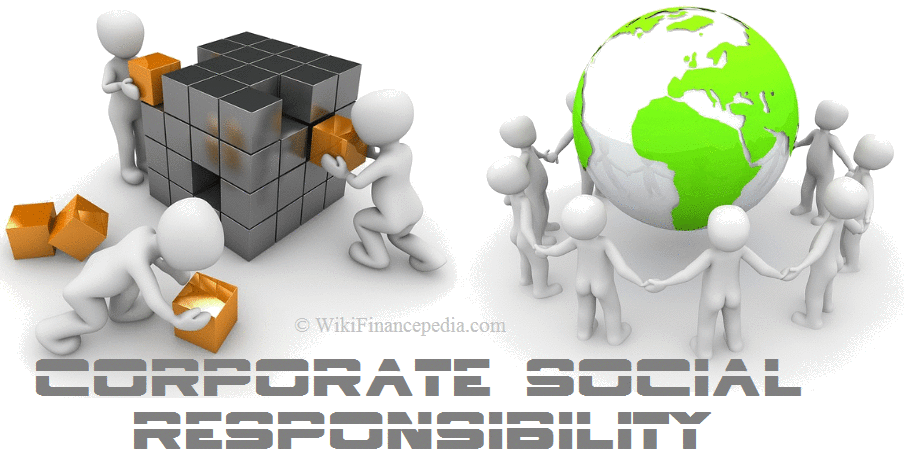Defining CSR
Before we start using Corporate Social Responsibility, you need to know how it was started…
Corporate Social Responsibility, also known as CSR, is the ideology that if a company is making a profit, it should also be willing to do tasks that showcase goodwill towards society and the environment. CSR was not recognized until the 1930s and 1940s but was not fully defined as a term until the 1950s and 60s. Even now, the term is not a term but more a concept that has matured over the years and has dramatically impacted you and the whole world. In short, CSR has gone through many eras and has developed into more than a concept you just read about in a book; it is a new way to examine profit and a good Samaritan role, too.
How Did It Become What It Is Now?
As stated, CSR saw a stance in the 1930s and 40s but began to grow into a broader construct around the 50s and 60s. Ironically, during this time, when the world was going through one of the most memorable wars, it was evident that CSR came in at the right time. During these two decades, everyone had a role to play, and these roles required heavy change. In this era, the term ‘social responsibilities’ helped people, specifically business owners, examine their service to others who pursued reform in small or large instances. Even CSR helped with the norm of protests in the 1960s to challenge the system of darkness clouding the means to change into something for the better of society and the world.
Fast Foward
By the 1970s, CSR had made sure that it would be known from person to person; not only was change made, but people began to see the change that needed to be made. Protests for the environment were done in a fair way that helped circulate economic and environmental issues that many people believed to be wrong. Mass reform continued beyond the 70s. Moreover, the 80s brought a more political and legal view on corporate social responsibility. During the 80s, many issues were brought to light through the concept of CSR, which many people believed was common. Many issues, such as employee discrimination or unsafe health conditions for workers and customers, were on the rise of potential review. By the ’90s, more government reform was bound to happen; within the last decade of the previous century, more people took CSR more seriously, especially when major government agencies like OSHA or the EEOC put their foot down regarding social responsibility. These new laws being put in place made CSR put a stamp on many major companies and was for the greater good of everyone as well.
As of the 2000s
In the 2000s, the new wave of CSR helped incorporate the ordeals of sharing common issues with other business leaders and heavy corporations. Granted, this mindset was a way to call out many new and older corporations to help bring change and reform for many. Not only did this benefit the environment, but it helped benefit the consumers as well as the corporations as well. The corporations were happy to receive traction for doing what was right. However, they also benefited from many new and old consumers who were on par with supporting brands and corporations who shared their moral ethics. Overall, when we mean CSR, we mean the grand effect of how many people can benefit from doing the right thing instead of looking out for themselves; it grasps the nature of how many businesses and corporations hold the key to a better world in general.

References
Latapí Agudelo et al. International Journal of Corporate Social Responsibility
(2019) 4:1 “A literature review of the history and evolution of corporate social responsibility”
https://jcsr.springeropen.com/counter/pdf/10.1186/s40991-018-0039-y.pdf
Fernando, Jason. “Corporate Social Responsibility (CSR) Explained with Examples.” Investopedia, 18 July 2023, www.investopedia.com/terms/c/corp-social-responsibility.asp.
